Filing bankruptcy is something that everyone wishes never to have to do in their lifetime. But, if someone, G-d forbid, is in a position where he needs to lift the knife off his/her neck, is bankruptcy at all an option? Is it as scary as it sounds?
I invited my good friend Joseph Harrison, Esq. to write a guest post here, on HelpMeBuildCredit.com, and share his professional opinion on bankruptcies. This post will hopefully help you decide if filing for bankruptcy is the right option for you.
Joseph is a litigation attorney and has been practicing debtor/creditor law since 2007. He worked for 9 years in a collection law firm representing creditors/banks. For the last 3 years, he has been representing debtors/defendants in New York City and the surrounding area by helping them get out of, or manage, their debt.
More information about Joseph can be found on his website www.DebtChamp.com. Or you can contact him at [email protected] or by phone at 203-444-3551.
What Is Bankruptcy?
Many people in debt often ponder whether or not they should file bankruptcy. It seems like the end of the road option and quite severe, and they are not sure whether to take that jump or if they have enough debt.
First, let’s understand what bankruptcy is. Bankruptcy is a tool where if you owe too much money, you can go to a bankruptcy court and have the bankruptcy court review all your assets and liabilities, and if your situation fits into bankruptcy criteria (which is very detailed on many levels), the bankruptcy judge can simply wipe away your debt in what is called a chapter 7 bankruptcy. You don’t have to be homeless to file bankruptcy, and you can still have assets, but it has to be under the bankruptcy threshold, as defined in your jurisdiction. If you earn a living and make a salary, you may not qualify for a chapter 7 bankruptcy as you have too many assets. If you don’t qualify, you may still qualify for a chapter 13 bankruptcy, which is designed for one that has some assets but much more debt. In a chapter 13 bankruptcy, the court drastically reduces the amount you have to repay and you go on a repayment plan. The repayment plan will be one that you can realistically afford, forcing your creditors to eat most of the debt while you repay a much smaller portion.
Bankruptcy has many specific requirements to qualify; such as undergoing credit counseling prior to filing for bankruptcy and completing a financial management instructional course once you have filed bankruptcy. These requirements are the court’s attempt to have you avoid falling into the same financial mistakes which resulted in your bankruptcy. The bankruptcy also has the ‘Means Test’, where your income and expenses are analyzed to determine whether you get your debt wiped away or you have to repay part of the money to your creditors.
What Are The Benefits Of Filing Bankruptcy?
As stated above, the up-side to bankruptcy can be amazing. You can literally walk away from a huge debt without repaying it if you are indeed without the means to do so. Or, even if you do earn some money, you can slash the amount needed to repay into an affordable payment plan on a fraction of the debt. Many clients walk out of bankruptcy kicking themselves for not filing bankruptcy earlier.
Additionally, if you are in the middle of a state court collection lawsuit with a creditor, once you file bankruptcy it will automatically freeze the collection lawsuit until the bankruptcy case is resolved, as all your debt issues will be resolved in bankruptcy court.
The only time your state court case will not be frozen, is typically with foreclosure lawsuits, as you can’t just wipe away the debt and keep the house. Instead, the bank will have to ask the bankruptcy court permission to restart the foreclosure, and can only do so once they are granted permission. Note that the bankruptcy court may also have an option in your jurisdiction to help you modify your home loan into a more reasonable payment plan.
What Is The Down Side Of Filing Bankruptcy?
Now for the downside to bankruptcy. Bankruptcy will understandably kill your credit score for years. You may be able to get some credit after a couple of years, but it will be very low balance cards, as you have a proven record of not repaying your debts and just filing bankruptcy, or in my opinion, because the banks are still upset that they lost money when you had your debt wiped away by the bankruptcy court. If you plan on buying or leasing a house or a car, or need a credit card for plane tickets, car rentals, hotels, etc., then not having credit will understandably make it extremely difficult. You will be forced to have to find an alternative, such as a relative or friend, or make do without. If you do get a loan for a house or car, you may pay much higher interest rates because your credit will be that bad. So there is a price to pay which will directly impact you.
Additionally, as a big warning for anyone filing bankruptcy, not telling the truth to the bankruptcy court is a federal crime, and they will prosecute you for it. You have to be 100% truthful and not attempt to hide any assets. When you file any bankruptcy, the bankruptcy court appoints a bankruptcy trustee to review your case to determine whether you are not disclosing any assets. The bankruptcy trustee will research whether you have any undisclosed assets. If he finds anything, not only does he make extra money as a bonus for finding the hidden asset, you will be prosecuted for bankruptcy fraud which has resulted in many prison sentences. If you have a question about something quirky in your personal situation, make sure to disclose it to your bankruptcy attorney who can advise you whether to disclose it, or whether you shouldn’t file bankruptcy at all, due to the risk involved in your unique situation.
When I Recommend Filing Bankruptcy?
As it relates to my suggestions to my clients, I typically don’t even discuss bankruptcy with my clients unless they are at least $60,000 in hard debt. I define hard debt as the amount of money you will actually have to pay back to be debt-free. For example, in New York City, where I currently practice, if Capital One sues you for $20,000 I can usually negotiate a settlement for $10,000 payable over 5 years, which would only count as $10,000 of hard debt. Some smaller banks may not even sue you. For example, Chase Bank has not filed any lawsuits on its consumer credit cards in at least the last 5 years (to my knowledge). Therefore, I wouldn’t count any Chase credit card debt as hard debt. Debt that is past the statute of limitations is unenforceable and thus not hard debt as well. If you live in a jurisdiction where debt buyers have a hard time entering testimony because of hearsay issues (i.e. New York and Florida where we can typically win debt buyer lawsuits at trial vs. New Jersey, which is creditor friendly and courts will accept their hearsay testimony), any debt that was sold to a debt buyer would also not count as hard debt. However, note that if your credit cards are current, you are way too early in the game to consider bankruptcy. You cannot accurately gauge how much it will take you to pay off your debt, as the interest and finance charges are constantly accruing. If you are really that tight for money to consider bankruptcy you should stop paying, let them charge off the account, and have the balance set when the bank charges off the account.
However, do note that this is an attempt to make a bright-line rule for all debtors. Obviously, there isn’t a formula that will fit every situation, but it will depend on many factors, as outlined above. Some individuals who earn large amounts of money and are just having a tough stretch should not file bankruptcy for $60,000 in hard debt. When they recover, they can easily catch up. Other individuals, such as one on disability or one who earns a minimal wage and never has any extra money at the end of the month, could benefit greatly if they had $40,000 or less in hard debt and they are being pursued by aggressive creditors or collection companies.
Furthermore, if you are a homeowner with equity in your house, bankruptcy can get more complicated. It’s considered an asset in your name which could pay off your creditors. (Although if you only have a little bit of equity, you might still be able to qualify under a bankruptcy exemption for a certain sum of equity in your house.) If your house or other assets were transferred into a trust, the bankruptcy trustee may be able to look back into that transfer as a fraudulent conveyance of a bankruptcy asset, and there are many other potential issues that might arise. As a disclaimer, I am not a bankruptcy attorney myself and refer all my bankruptcy cases to a colleague, but I work hand in hand with him, referring him bankruptcy cases and receive many cases who didn’t qualify for bankruptcy for various reasons.
Is Bankruptcy Morally Right?
I have been asked to address the religiously devout audience as to whether it is morally correct for one to file bankruptcy. My answer is always an immediate yes. In Deuteronomy 15 there is a clear biblical authority that at the end of every seven-year/sabbatical year cycle a creditor’s debts are canceled. For the more astute scholar, although there is a pruzbul loophole, the yovel/jubilee year, absolves one of even the pruzbul loophole (feel free to google these terms if you are lost on the religious context). Thus there is clear biblical authority where the bible deems it morally correct to erase one’s debt without repaying it.
How To Choose The Right Attorney?
As it relates to finding the right attorney, it’s hard to make a blanket rule. Pick one with a good reputation. The cheapest ones will likely be having many paralegals doing the work for them, and getting coverage attorneys to appear in court and you won’t get the personalized care. If you are in debt, you obviously cannot afford top dollar, but go with your gut. There are many reasonably priced attorneys who are solo practitioners who just left a firm and have the experience and will give you a fair rate for a good job. I guess the red flags are someone straight out of law school or one who has done only a couple of bankruptcy cases, as they will not have the experience what to look out for in protecting your interests. If it’s a simple bankruptcy, they will likely be able to get the job done right, but if there are any issues they may not know how best to protect your interest. Other warning signs may be one with many bad reviews (a few bad reviews isn’t always bad, as anyone, even a competitor, can leave an anonymous bad review which is flat out false), is bad at returning your phone calls or messages, or you can only seem to get in touch with a receptionist who answers all the basic information but all detailed questions seem to go unanswered by the attorney. But there is no rule for all attorneys, and they can be in the middle of a very busy trial week where everything else gets put on hold, so trust your feelings.

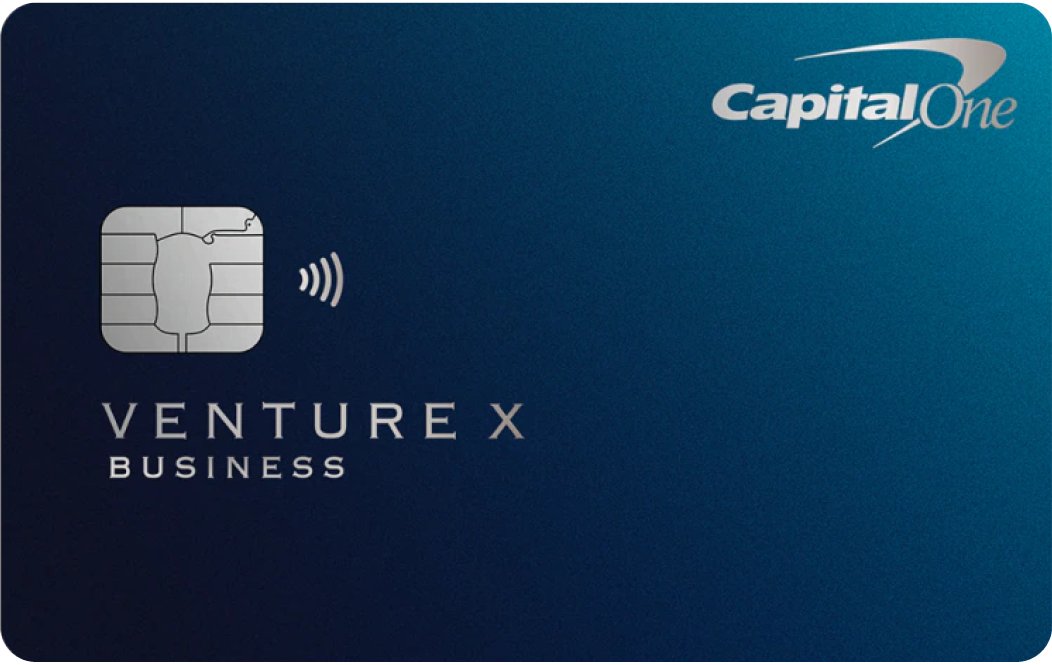
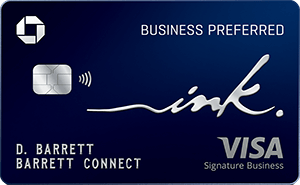
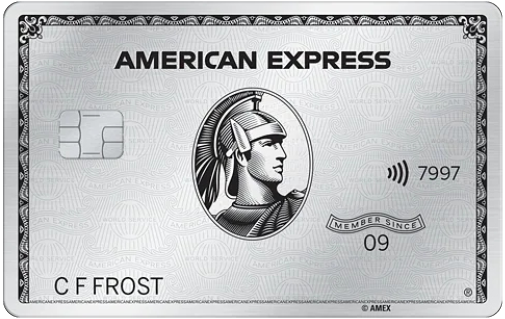
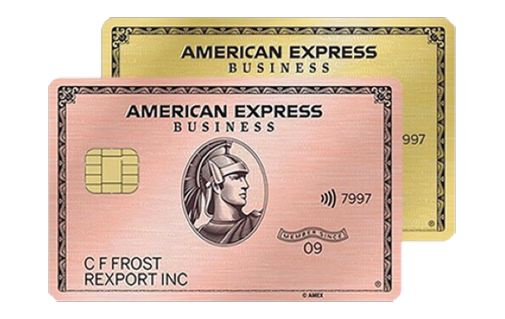

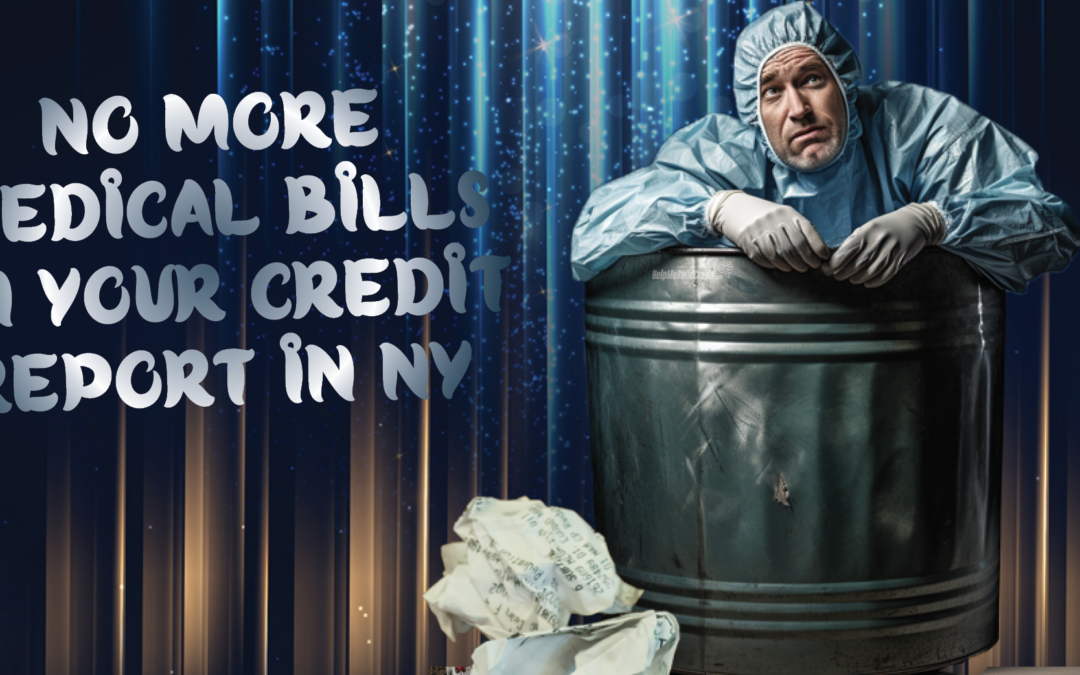

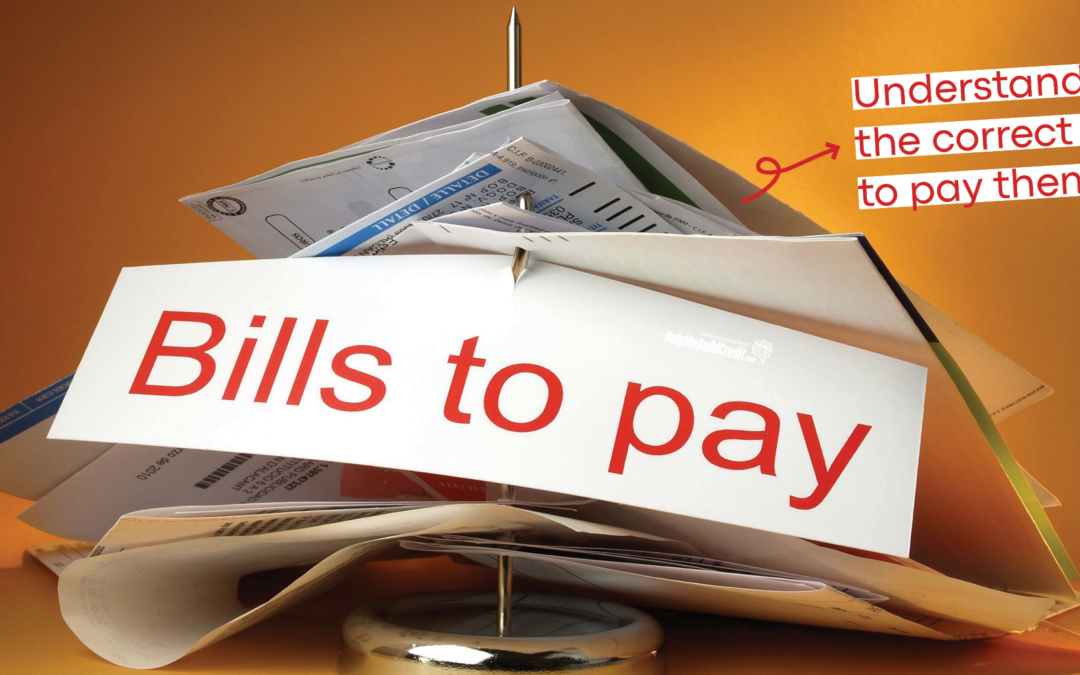


![Medical Collections Under $500 Removed From Credit Reports [Effective April 11]](https://helpmebuildcredit.com/wp-content/uploads/2023/05/post-on-medical-collection-under-500-removed-from-credit-report.png)
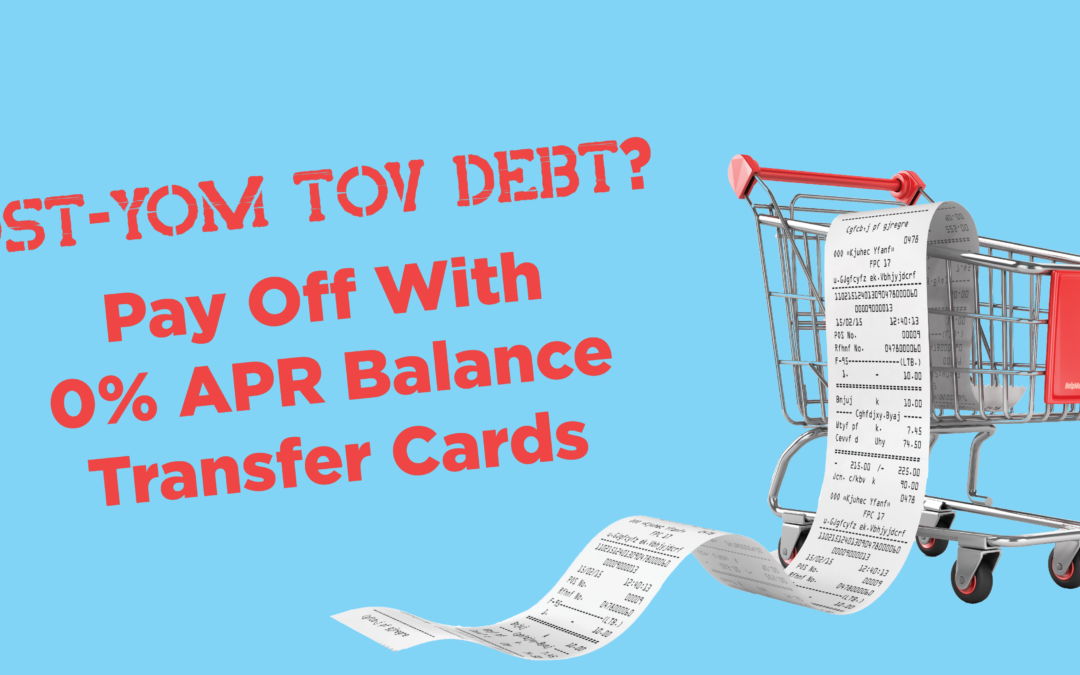
![How To Get Cash From A Credit Card [5 Great Ideas]](https://helpmebuildcredit.com/wp-content/uploads/2018/10/post-on-how-to-get-cash-from-credit-card-1080x675.png)
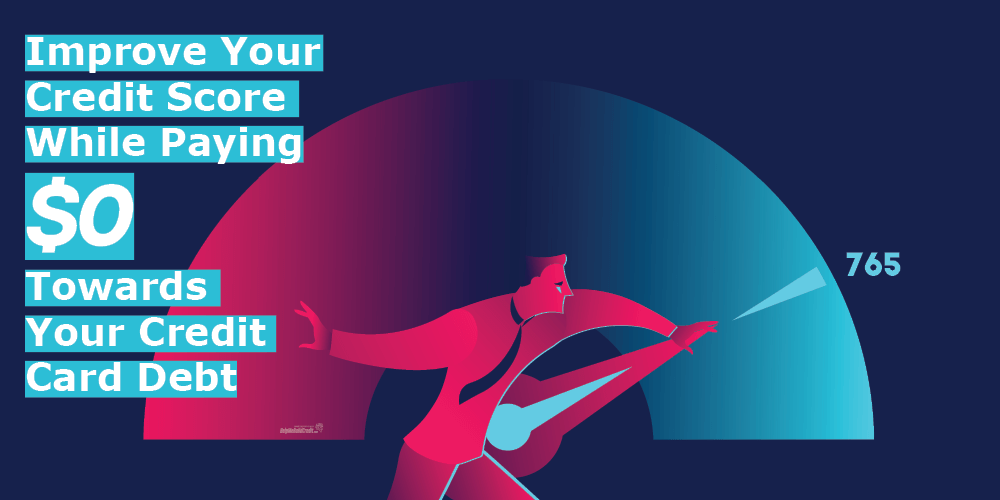


0 Comments